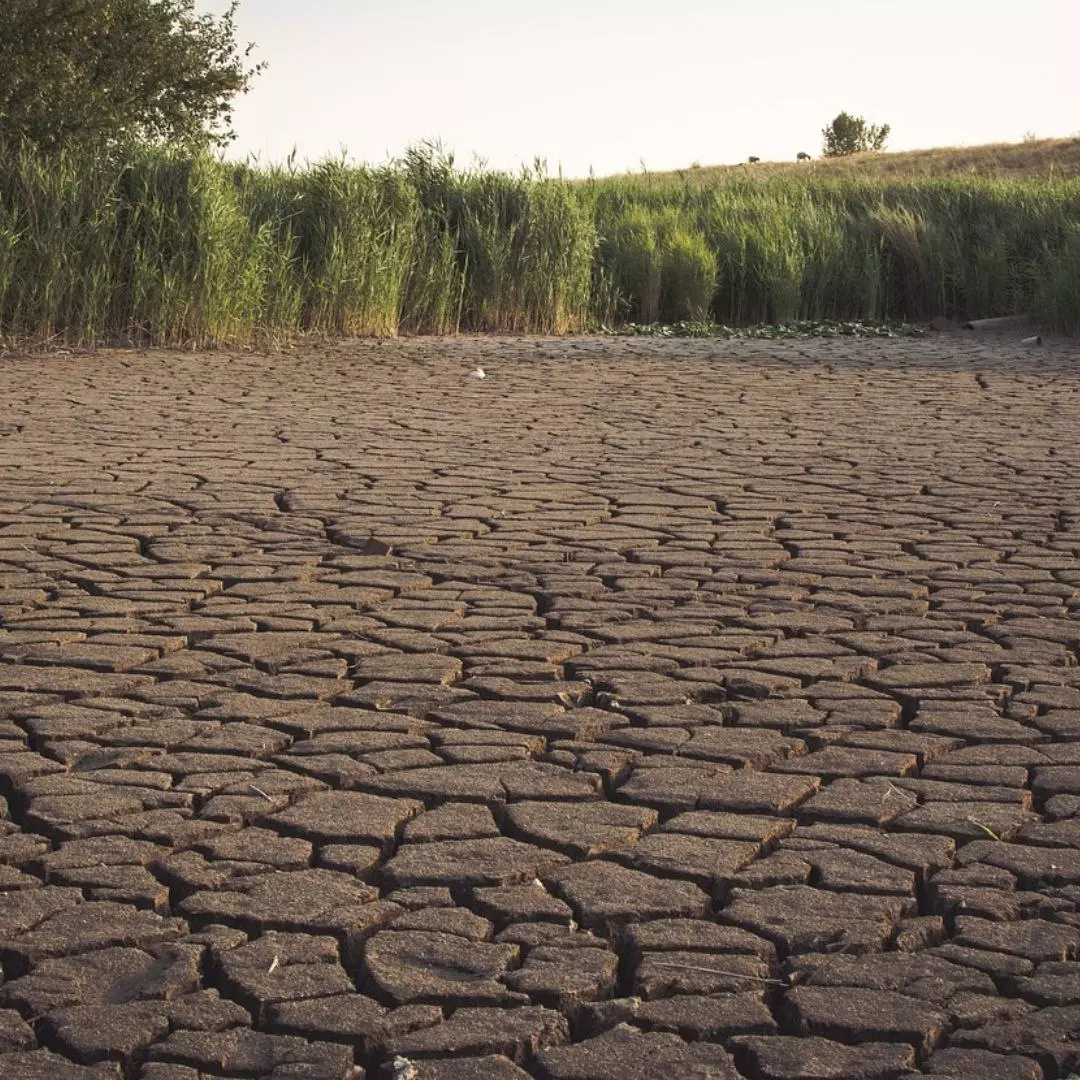The global issue of water scarcity is currently affecting numerous regions worldwide. Factors like population growth, urbanization, industrialization, climate change, and inefficient water management practices have contributed to this widespread problem. The consequences of water scarcity are significant, impacting various aspects of society and the environment.
The latest data from the World Resources Institute’s Aqueduct Water Risk Atlas reveals an unprecedented water crisis affecting 25 nations, equivalent to a quarter of the world’s population. Globally, around 4 billion people, or half the world’s population, experience water stress for at least one month annually, a number projected to rise to nearly 60% by 2050.
By 2050, $70 trillion (31% of global GDP) will be exposed to high water stress, compared to $15 trillion (24% of global GDP) in 2010. This alarming increase will largely be driven by just four countries: India, Mexico, Egypt, and Turkey, which will collectively account for over half of the exposed GDP.
A quarter of the world’s population, including nations like Bahrain, Cyprus, Kuwait, Lebanon, and Oman, experience severe water stress annually. These areas could face water scarcity even during short periods of drought. The most affected regions are the Middle East and North Africa, where 83% of the population experiences extremely high water stress. South Asia follows closely, with 74% of its population facing similar conditions, as per a report in NDTV.
Samantha Kuzma, Aqueduct data lead from WRI’s water program and a report author, emphasized the critical role of water as a vital resource on the planet. Urgent actions are required to address this pressing water crisis. While feasible and economically viable solutions exist, the key lies in the commitment of political leaders and the allocation of financial resources.
“Water is arguably our most important resource on the planet, and yet we’re not managing it in a way that reflects that. I’ve been working in water for close to 10 years, and unfortunately, the story has been the same almost the entire 10 years,” Samantha Kuzma, Aqueduct data lead from WRI’s water programme and a report author said.
The report’s authors stress the need for collaboration among all levels of governance, communities, and businesses to ensure water security becomes a universal assurance. They underline that urgent efforts are necessary to create a future where water scarcity is effectively managed and minimized.
Water Scarcity In India
A flagship UN report titled ‘United Nations World Water Development Report 2023: partnerships and cooperation for water’ has highlighted that India is expected to be severely affected by global water scarcity issues. The report, released ahead of the UN 2023 Water Conference, projects that the urban population facing water scarcity will increase from 933 million in 2016 to 1.7-2.4 billion people in 2050. Around 80% of people under water stress reside in Asia, with India projected to be the most severely affected.
“The global urban population facing water scarcity is projected to increase from 933 million (one-third of global urban population) in 2016 to 1.7-2.4 billion people (one-third to nearly half of global urban population) in 2050, with India projected to be the most severely affected,” the report said.
The report emphasizes the urgent need for strong international mechanisms to prevent the global water crisis from escalating. Currently, two billion people lack access to safe drinking water, and 3.6 billion lack safely managed sanitation. The editor-in-chief of the report, Richard Connor, noted that uncertainties are rising and failing to address the crisis could lead to a global catastrophe. Increasing water scarcity is attributed to reduced availability and increased demand, driven by factors like urbanization, industrial growth, and agriculture, which consume 70% of the world’s water supply, reported Outlook.
The report underscores the importance of partnerships and cooperation in integrated water management, especially considering the water-energy-food nexus and transboundary water issues. Partnerships that focus on knowledge co-creation instead of transfer are highlighted as essential to embracing the diversity of expertise within knowledge systems.
The report also mentions Google’s flood forecasting initiative, carried out in partnership with the Indian Central Water Commission and the Bangladesh Water Development Board. This initiative uses accurate and detailed alerts to prevent catastrophic damage due to flooding in vulnerable areas.
Published by UNESCO, the report emphasizes the significance of collaborative efforts and partnerships to overcome water-related challenges.
Also Read:
Also Read: “Groundbreaking Initiative”: SC Releases Gender-Just Handbook For Judges
https://thelogicalindian.com/h-upload/2023/08/17/500x300_232886-photo2023-08-1714-37-26.webp
Trending
2023-08-17 09:10:47.0
Global Water Scarcity: 25 Countries Face Extreme Water Stress. Numbers Expected To Rise By 2050











